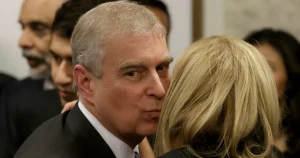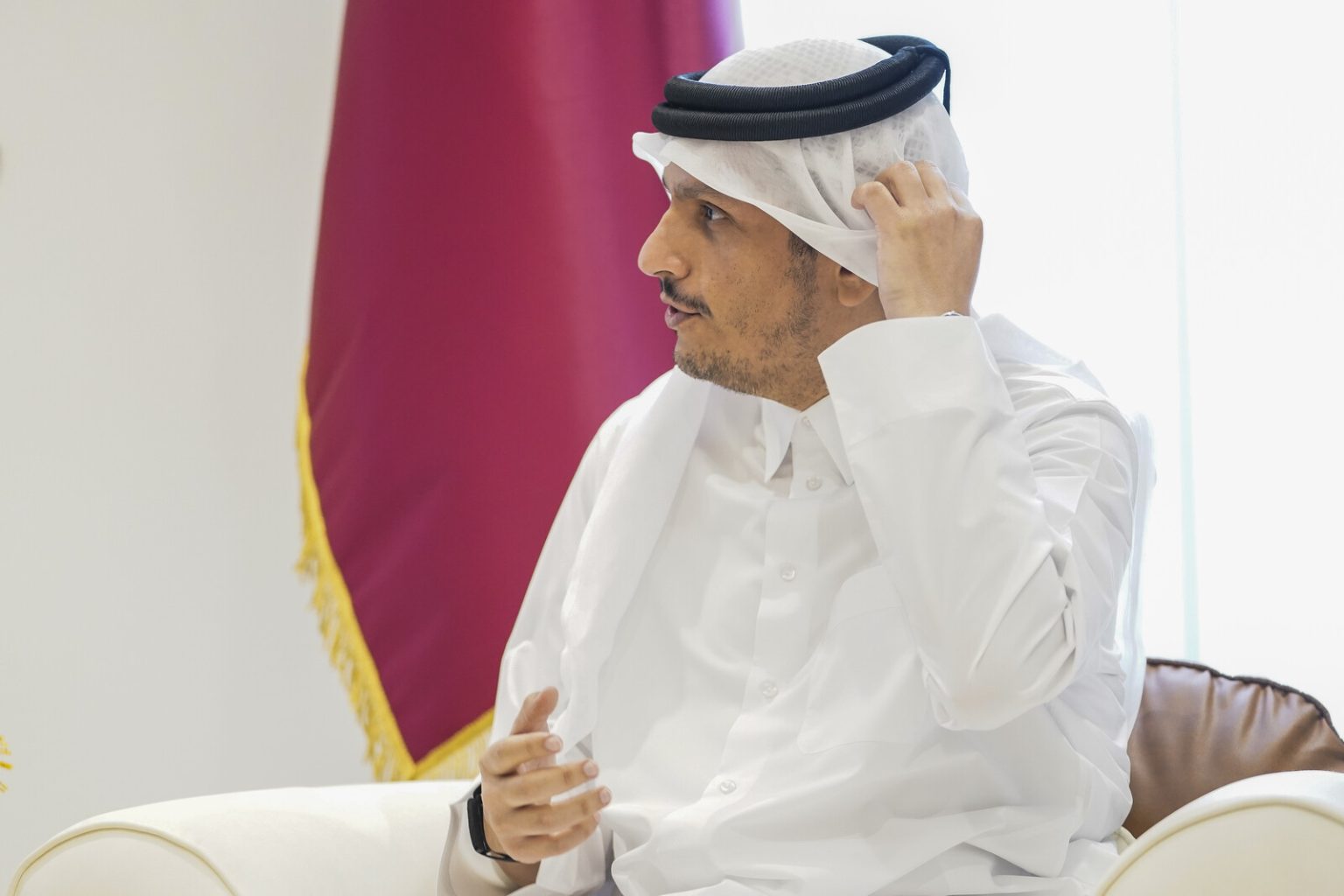Qatar, a small but influential nation in the Middle East, has once again taken on the role of mediator in the ongoing Israeli-Palestinian conflict, specifically concerning the volatile situation in Gaza. On Saturday, Qatari Prime Minister and Foreign Minister Mohammed bin Abdulrahman bin Al-Thani met with a delegation from Hamas, the Palestinian Sunni-Islamist fundamentalist organization that governs the Gaza Strip, a territory recognized by most of the international community as occupied by Israel. The meeting, confirmed by Qatar’s Foreign Ministry, aimed to explore pathways towards a ”clear and comprehensive” ceasefire agreement, signifying Qatar’s continued commitment to de-escalating tensions and ending the cycle of violence that plagues the region. Leading the Hamas delegation was Khalil al-Hayya, a prominent figure within the organization, underscoring the importance of these discussions. The Prime Minister’s direct involvement in these negotiations is notable, highlighting the seriousness with which Qatar approaches its mediating role and its desire for a concrete resolution.
The Qatari government’s diplomatic effort to facilitate dialogue between the warring parties reflects its longstanding policy of engagement with Hamas, a group designated as a terrorist organization by several nations, including the United States and the European Union. While this approach has drawn criticism from some quarters, Qatar maintains that communication with all parties is essential to achieving a lasting peace. The nation’s unique position, fostered through its complex regional relationships, allows it to act as a conduit between Israel and Hamas, a crucial function given the lack of direct communication between the two adversaries. Qatar’s involvement builds on its history of mediating previous ceasefires and providing humanitarian aid to Gaza, demonstrating its commitment to alleviating the suffering of the Palestinian people. These efforts are rooted in a broader regional strategy aimed at fostering stability and preventing further escalation of the conflict.
The pursuit of a ceasefire comes amidst a complex backdrop of escalating violence, marked by rocket fire from Gaza and retaliatory airstrikes by Israel. This cycle of aggression has resulted in significant casualties and widespread destruction, exacerbating the already dire humanitarian situation in the densely populated Gaza Strip. The devastation inflicted on civilian infrastructure, including hospitals and schools, further underscores the urgent need for a sustainable ceasefire. The recurring nature of these conflicts highlights the fragility of the situation and the deep-seated grievances that fuel the animosity between Israelis and Palestinians. A lasting solution, however, remains elusive, hindered by deep-rooted mistrust and unresolved political issues.
The Prime Minister’s direct participation in these negotiations suggests a heightened sense of urgency and a renewed commitment to breaking the cycle of violence. His earlier expressions of optimism regarding a potential resolution, though yet unfulfilled, underscores the desire for a meaningful breakthrough. However, the history of the conflict is rife with failed ceasefire attempts, highlighting the immense challenges involved in achieving a lasting peace. The deeply entrenched political divisions, coupled with the complexities of the regional dynamics, make the path towards a resolution fraught with obstacles.
The crux of the challenge lies in bridging the fundamental disagreements between the two sides. Key stumbling blocks include the blockade of Gaza, the recognition of Hamas, and the future status of Palestinian territories. Overcoming these obstacles requires not only a ceasefire but also a comprehensive and sustained political process that addresses the root causes of the conflict. For a ceasefire to be sustainable, it must be accompanied by tangible progress towards a just and lasting resolution that addresses the legitimate aspirations of both Israelis and Palestinians. This necessitates a commitment from all parties to engage in good-faith negotiations and to make difficult compromises.
The current negotiations facilitated by Qatar represent a critical opportunity to de-escalate tensions and pave the way for a more enduring peace. While the path forward remains uncertain, the involvement of Qatar’s Prime Minister signals a renewed push for a diplomatic solution. However, the success of these efforts hinges on the willingness of both Israel and Hamas to engage constructively and to make the necessary concessions to achieve a lasting ceasefire. The international community also plays a vital role in supporting these efforts and in ensuring that any agreement reached is implemented effectively. Ultimately, achieving a lasting peace will require not only a cessation of hostilities but also a comprehensive political process that addresses the underlying causes of the conflict and provides a framework for a just and sustainable future for both Israelis and Palestinians.














